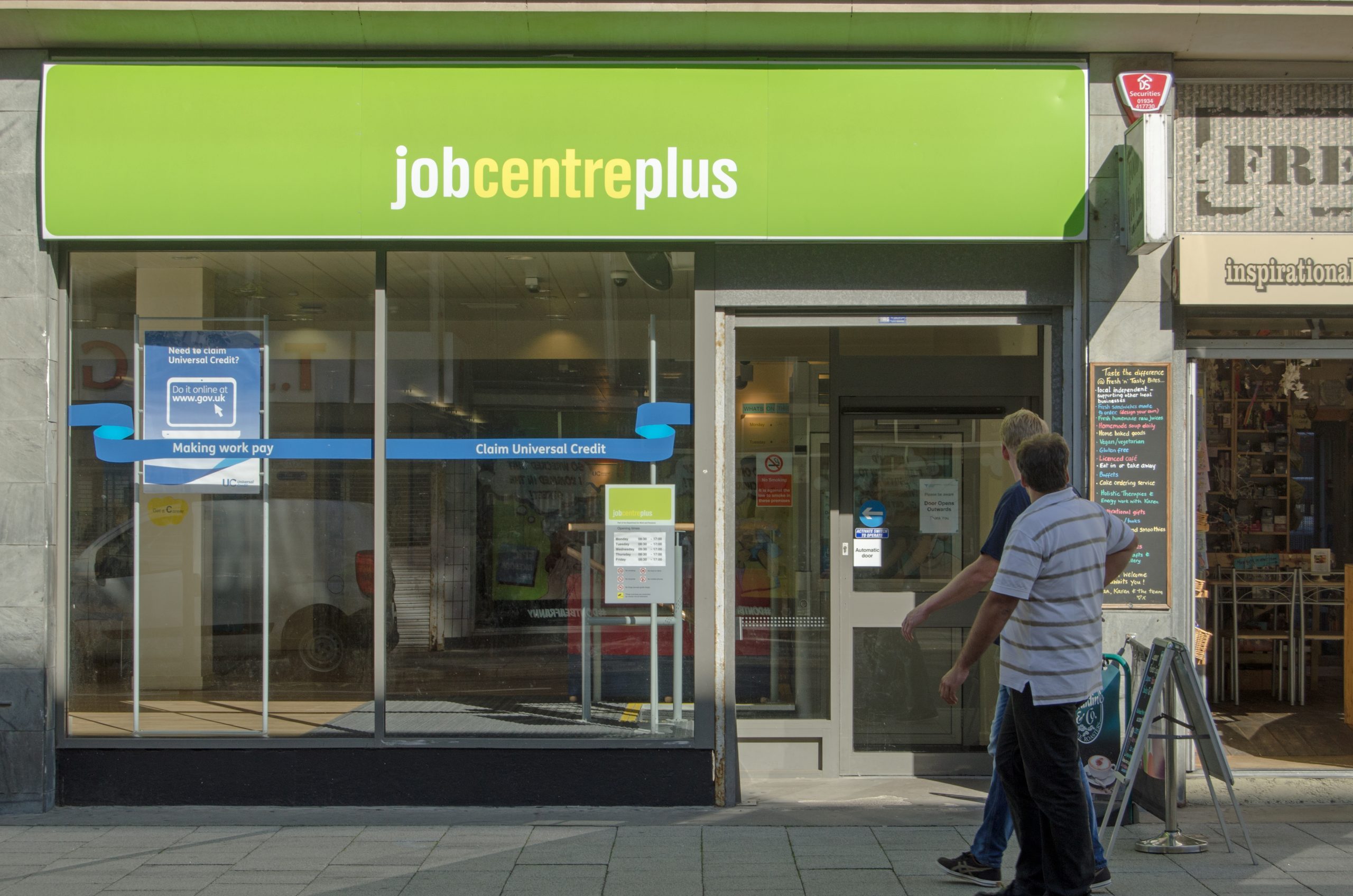Household Bills
1.3m furloughed workers might never return to their jobs

More than 10% of the UK’s 12.8m workers who are being paid not to work won’t have jobs to go back to.
The Office of Budget Responsibility (OBR) estimates that 1.3 million people who are currently not working will never return to their jobs.
About 9.4 million people had been furloughed by the end of June, at a cost of £26.5 billion.
Additionally 3.4 million people were eligible for the self-employment grant. This puts the total number of people paid not to work at 12.8 million – but 1.3 million of them face unemployment.
June was the final month before the furlough scheme started to change. Since 1 July, employers have been able to bring furloughed staff back part-time. In future months the government support will gradually be withdrawn, and on 31 October it will disappear altogether.
Sarah Coles, personal finance analyst at Hargreaves Lansdown, said: “In June alone, the Treasury pumped another £9.4bn into schemes paying people not to work. Keeping government cash flowing has kept 12.8 million people afloat, but they could be left high and dry when the money dries up.
“Given the incredible cost of paying people to stay home, you can see why the chancellor is keen to wind these schemes up by the end of October. The trouble is that when this happens, we’re going to see a spike in unemployment.”
When the furlough scheme is wound down, the OBR reckons 1.3 million people will never return to their jobs.
Meanwhile, 131,000 self-employed people had already thrown in the towel between February and April, and those numbers could rise significantly when the government turns the tap off.
“Unemployment could reach 3 million this year and anything up to 4 million in 2021. It’s a frightening prospect for anyone who is worried about their job,” said Coles, “However, you don’t have to just sit and wait for the axe to fall, because there are things you can do right now that will make it easier to get a job later.”
Five steps you should take if you’re worried about unemployment
- Get some advice
You can use the ‘rapid response’ service from the Jobcentre, even if you just suspect you’ll be made redundant. It offers help with your CV and finding a job.
Also try the National Careers Service website – which covers all sorts of things including free training.
- Work on your CV
There are some handy apps that format your CV for you, so if this isn’t you’re strong point, it’s worth taking advantage of them.
You should also check the grammar and spelling carefully – and get someone else to check it for you.
- Sort your social media
LinkedIn can be really useful when you’re looking for work, so make sure your profile is up to date. Don’t just check all your jobs are on there, make sure you add skills and experience, and get people you’ve worked with in the past to add their recommendations.
For the rest of your social media, bear in mind that a prospective employer may well check it, so you need to read through your posts and consider how they’ll view you. If in doubt, make your profile private.
- Work on your network
Don’t be afraid to talk to friends and family about your position. They may know about something that’s coming up, or they may work for an employer who is recruiting. If they have a refer-a-friend scheme, it could leave you both better off.
- Consider making a change
The number of jobs being advertised varies dramatically across different industries, and in tough times it’s worth thinking carefully about the skills and experience you have that can be transferred to other sectors.